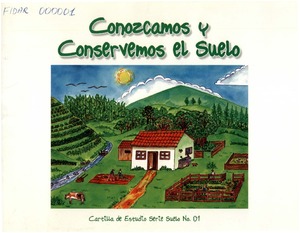Location
As a service provider in the field of international cooperation for sustainable development and international education work, we are dedicated to shaping a future worth living around the world. We have over 50 years of experience in a wide variety of areas, including economic development and employment promotion, energy and the environment, and peace and security. The diverse expertise of our federal enterprise is in demand around the globe – from the German Government, European Union institutions, the United Nations, the private sector, and governments of other countries. We work with businesses, civil society actors and research institutions, fostering successful interaction between development policy and other policy fields and areas of activity. Our main commissioning party is the German Federal Ministry for Economic Cooperation and Development (BMZ). The commissioning parties and cooperation partners all place their trust in GIZ, and we work with them to generate ideas for political, social and economic change, to develop these into concrete plans and to implement them. Since we are a public-benefit federal enterprise, German and European values are central to our work. Together with our partners in national governments worldwide and cooperation partners from the worlds of business, research and civil society, we work flexibly to deliver effective solutions that offer people better prospects and sustainably improve their living conditions.
Members:
Resources
Displaying 311 - 315 of 337Land Tenure in Development Cooperation. Guiding Principles
Land tenure issues are becoming increasingly important worldwide. Problems such as high population pressure, increases in resource degradation, food shortages, transformations of political systems and regional and supra-regional resource conflicts have brought the land issue to the public's attention.
El ordenamiento territorial como instrumento de la gestión ambiental: la cuestión territorial y el manejo de residuos
Proyecto sobre Políticas para la Gestión Ambientalmente Adecuada de Residuos, Fase III
El ordenamiento territorial como instrumento de la gestión ambiental: el caso de los residuos sólidos
Proyecto sobre Políticas para la Gestión Ambientalmente Adecuada de Residuos, Fase III






